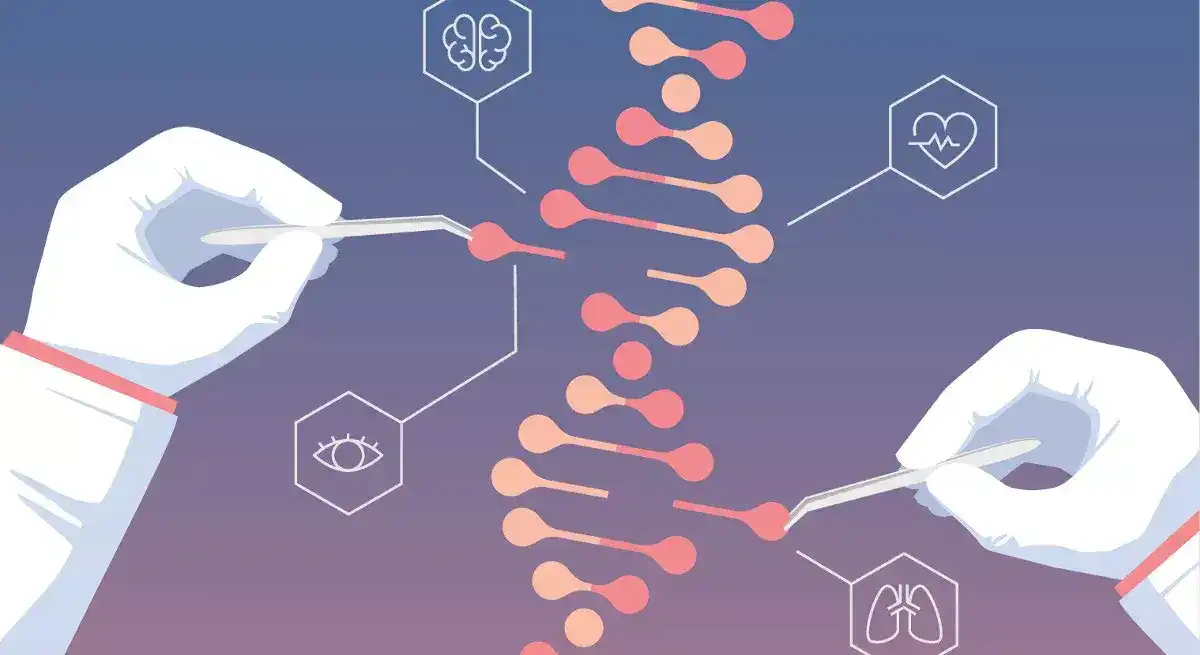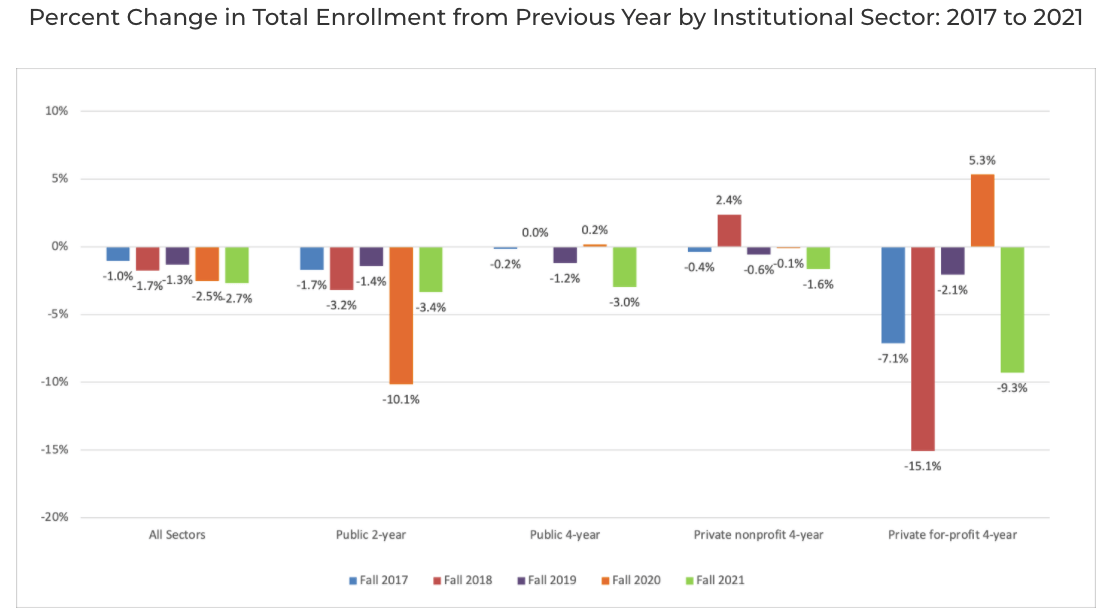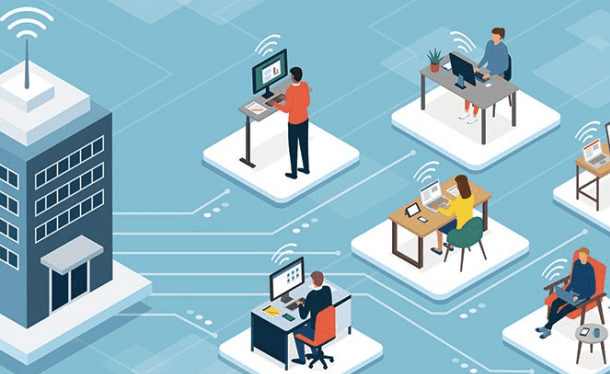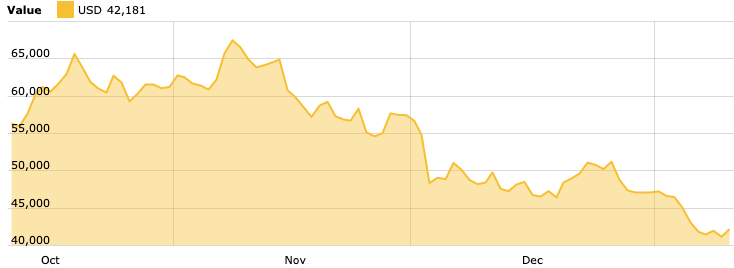On the Morality of Genetic Engineering

Image: Shutterstock
Science and innovation continue to force us into facing big, tough questions – so buckle up. Today, we're looking at some ethical concerns associated with recent advances in three main areas of genetic engineering: plants, animals, and humans.
🌽 Plants: One of the most prominent applications of genetic engineering is in agriculture – specifically, genetically modified (GMO) crops.
- GMO crops are created when scientists and farmers manipulate the genetic material of plants for a specific purpose, like increased resistance to disease or environmental stressors, or increased yield. Scientists worldwide have found no evidence they cause adverse health effects, per Harvard.
- But GMOs aren't without their share of critics. Those opposed paint a picture of an almost oligarchical control over patents by just a few corporations and the potential threats to small-scale farmers.
🐷 Animals: Scientists' work here mostly focuses on adapting pig organs for humans, as they're anatomically similar to us, and the risk of cross-species disease is low.
- Earlier this month, doctors carried out the first pig-to-human heart transplant using a genetically modified pig to decrease the likelihood of organ rejection. The 57-year-old man is still alive-and-well two weeks later.
- Yes, but: Not everyone is all aboard the transplant train. PETA condemned the recent pig heart transplant as "unethical, dangerous, and a tremendous waste of resources," while UK-based Animal Aid said it opposes animal-to-human transplants or modifying animal genes "in any circumstances."
👶 Humans: The invention of the gene-editing tool CRISPR, which is cheap and easy to deploy, has turned the possibility of "designer babies" into a reality.
- In November 2018, a Chinese scientist created the first genetically-edited human babies, altering their genomes in an attempt to resist possible future infection with HIV.
- Following international outcry, Chinese authorities sentenced the scientist to three years in prison for "illegal medical practices."
- The incident prompted calls for a global ban on all related experiments, though some scientists predicted it could help accelerate public adoption of human gene editing.
👇 What're people saying?
Share this!
Recent Discussion stories

Discussion
| January 19, 2022Is America Changing How It Thinks About College?
Roughly two years into the pandemic, both community colleges and universities alike are wrestling with declining enrollment and the growing popularity of other post-secondary learning opportunities – and potential students are facing perpetually rising tuition and student debt.

Discussion
| January 14, 2022What Will the Next Decade of Work Look Like?
Since the mid-1900s, the vast majority of Americans have worked a typical job – full-time, 40 hours a week, and in-person. Then, everything changed when the Fire Nation attacked… er, a global pandemic hit.
Today, many workplaces look entirely different. The Great Resignation, mass adoption of remote work, and an acceleration of the gig economy has transformed the way we think about work.

Discussion
| January 12, 2022Crypto Hits a Rough Patch
The price of bitcoin has fallen steadily over the past few months, countries around the world are banning crypto mining and transactions, and experts are wary of continued price declines once the Fed begins raising interest rates in March. Is there a legitimate cause for concern?
You've made it this far...
Let's make our relationship official, no 💍 or elaborate proposal required. Learn and stay entertained, for free.👇
All of our news is 100% free and you can unsubscribe anytime; the quiz takes ~10 seconds to complete